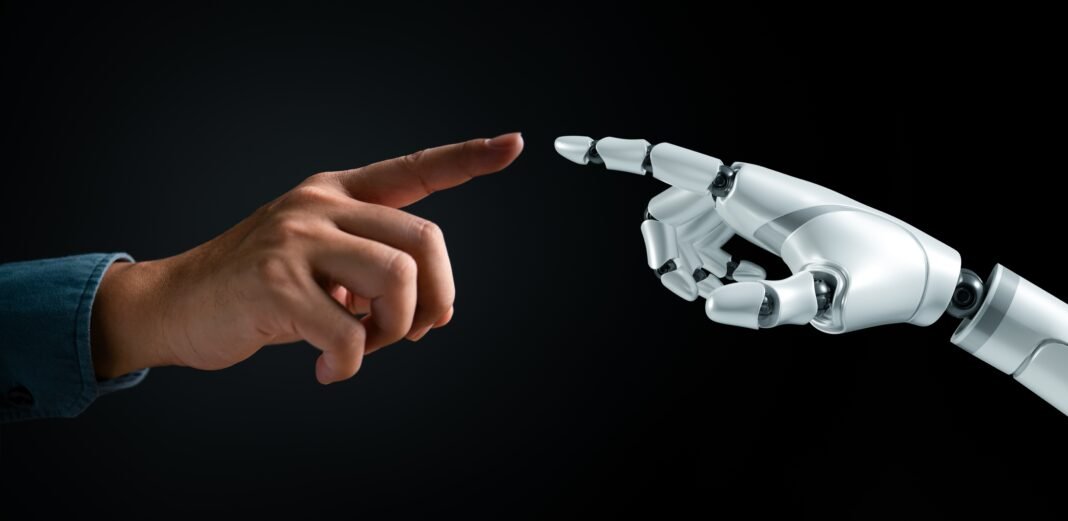AI-generated digital humans and organs accelerate clinical trials, transforming drug development and medical device testing.
Enhancing Clinical Trials with Digital Twins
A virtual heart beats like a human heart but lacks blood or a physical body. This digital twin tests cardiovascular devices like stents and valves. Adsilico, the company behind it, creates multiple heart models using AI and large datasets.
These AI-generated hearts reflect age, weight, gender, blood pressure, and ethnicity. Clinical trials often ignore these differences, but digital twins solve this. Device manufacturers now conduct more inclusive, diverse trials. “We capture diverse patient anatomies and responses,” says Adsilico CEO Sheena Macpherson. This method produces safer, more inclusive medical devices.
A 2018 global investigation found 83,000 deaths and 1.7 million injuries linked to medical devices. Macpherson believes AI-powered digital twins can reduce these numbers. “Thorough testing is essential, but clinical trials are expensive,” she explains. Virtual testing reduces costs and expands testing possibilities. “We can test the same heart under different conditions, like varying blood pressures or disease progressions,” she adds.
Digital twins allow testing on underrepresented subgroups, including women and marginalized communities. Adsilico’s AI models use cardiovascular data and MRI and CT scans from consenting patients. This data helps create accurate digital models, enabling precise testing on diverse anatomies.
Testing involves inserting a virtual device into a digital twin heart in an AI simulation. Thousands of simulations can be run quickly, unlike human and animal trials, which use hundreds of participants. This approach speeds testing and increases the scope of analysis.
Faster Drug Development with Digital Twins
Drug companies are also adopting digital twins. Sanofi, a leading pharmaceutical firm, aims to cut testing time by 20% and increase drug success rates. Sanofi’s virtual patients diversify trial populations, producing more relevant results.
Sanofi’s AI models simulate drug properties and predict how drugs interact with human biology. The technology mimics real trials, offering early insights into drug performance. “With a 90% failure rate for new drugs, a 10% success increase saves $100 million,” says Matt Truppo, Sanofi’s head of research platforms. AI-powered digital twins may help tackle complex diseases.
Digital twins have limitations. Charlie Paterson from PA Consulting warns that AI models rely on training data, which may be outdated or non-diverse. Sanofi addresses this by supplementing internal data with third-party sources like health records and biobanks.
Despite challenges, Adsilico’s Macpherson hopes AI digital twins will eliminate animal testing. “A virtual heart is more realistic than a dog’s or pig’s heart,” she says. AI and digital twins are transforming drug discovery, leading to faster, safer, and more inclusive research.
